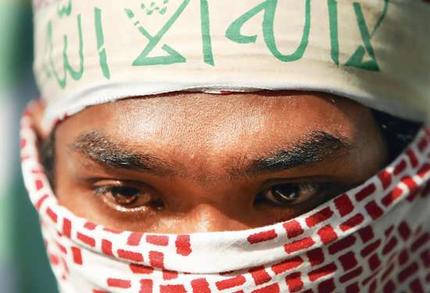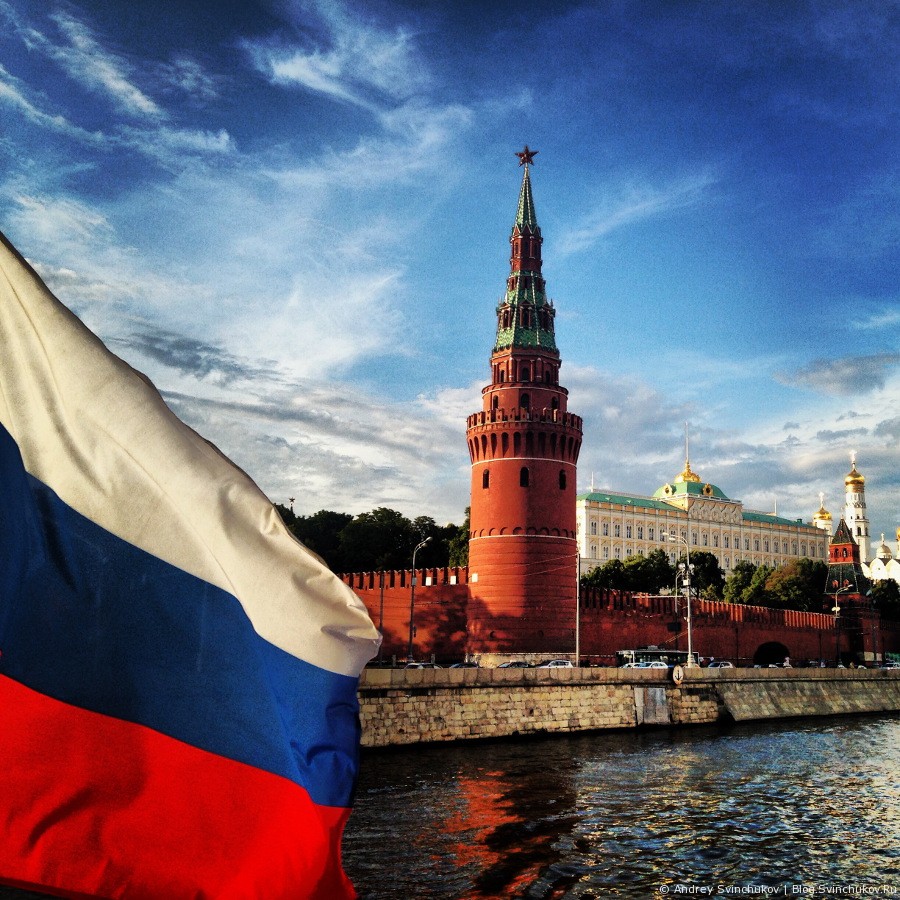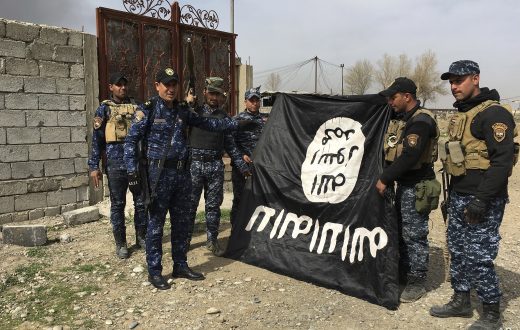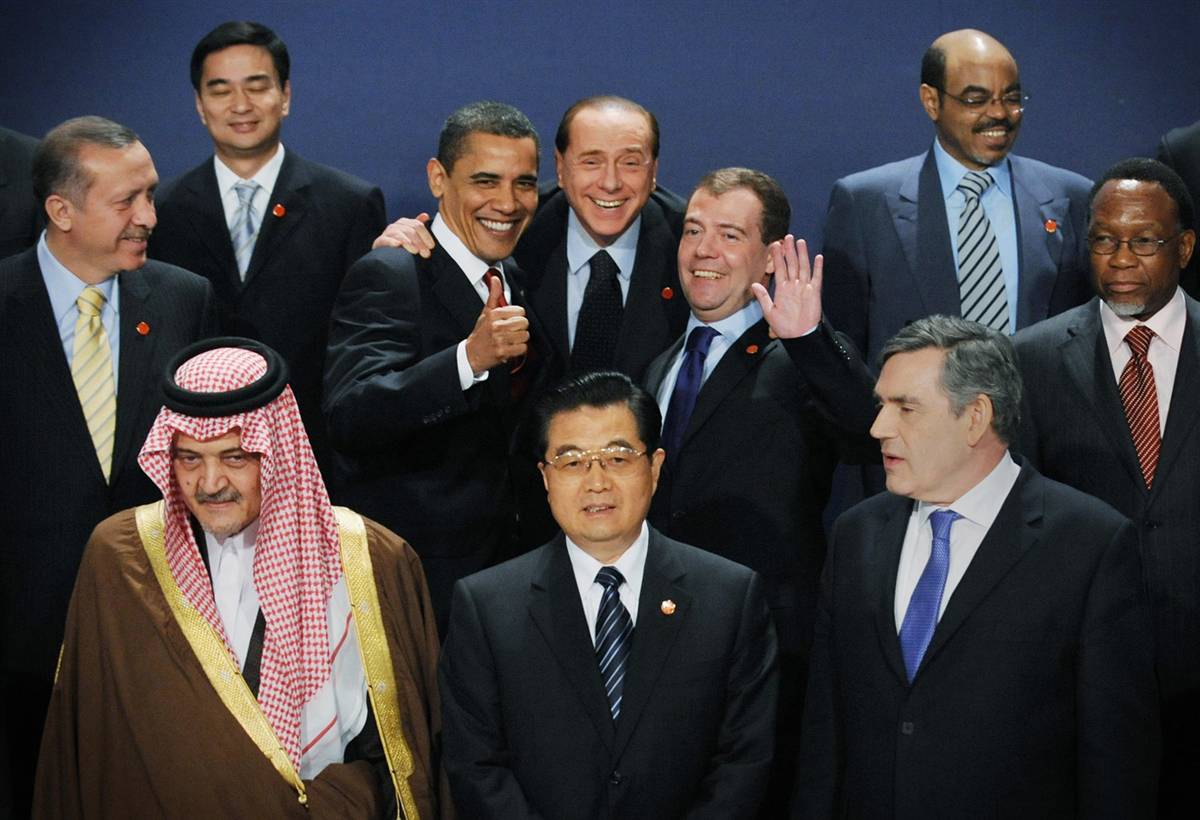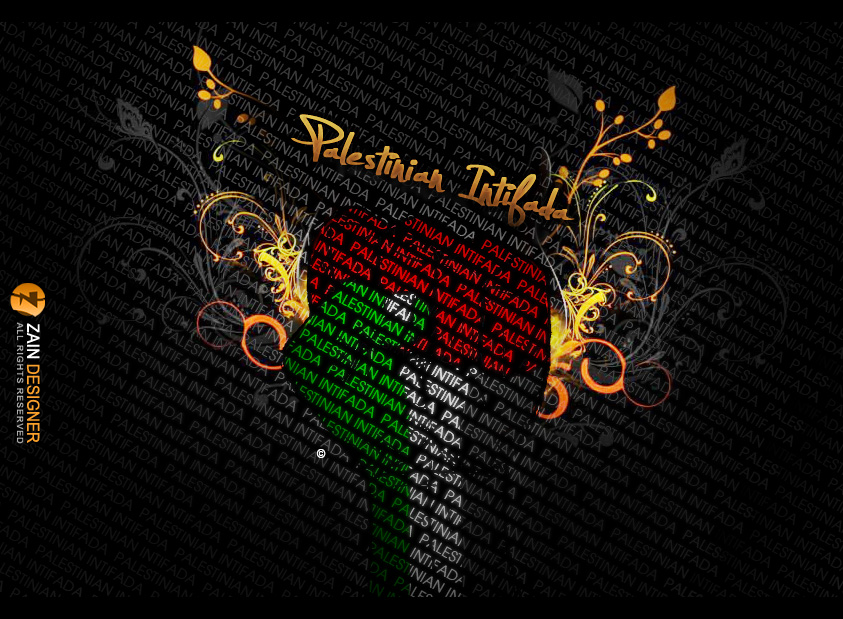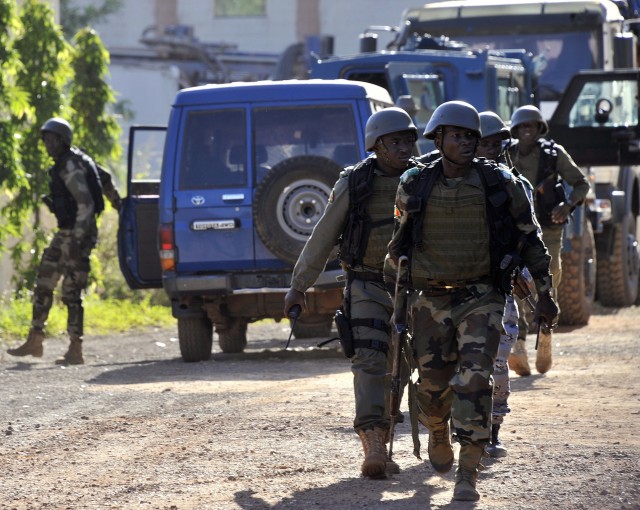Analysis
A coordinated attack is believed to be underway in Indonesia’s capital city, Jakarta. At least seven explosions were reported in the downtown area along with multiple exchanges of fire. Eyewitness reports and unconfirmed sources indicate that at least one suicide bomber may have been involved. At least one of the blast sites was located near a police kiosk at a busy intersection and another at a Starbucks coffee shop in Jakarta’s Sarinah Thamrin plaza. The attack was likely timed to hit busy lunchtime traffic and was centered on the convergence of Wahid Hasyim street and Medan Merdeka, close to Jakarta’s high security area. The location is a short drive from the U.S. Embassy and other government offices. The attack follows a series of arrests and warnings throughout the festive period, culminating in a failed operation to capture the leader of the East Indonesia Mujahideen terrorist network, known as Santoso. Furthermore, al Qaeda leader Ayman al-Zawahiri recently released a statement saying that South East Asia — including Indonesia — was ripe for attacks against foreign interests.
The location and targeting of this incident fits patterns observed in earlier attacks in the Jakarta area. The city has experienced several militant attacks in the last 15 years, mostly carried out by individuals affiliated with the Jemaah Islamiyah militant group, including several incidents targeting international hotels and foreigners in the city. The most recent bombing attacks occurred in 2009 and targeted the JW Marriott and Ritz Carlton hotels in the city, leaving seven dead and 50 injured, including a number of foreign travelers. While the primary operational planners and bomb makers of the Jemaah Islamiyah organization have been arrested or killed in subsequent years leaving the group’s capabilities significantly diminished, a number of militant actors are still present in the area and have the potential to carry out attacks of this sort.

